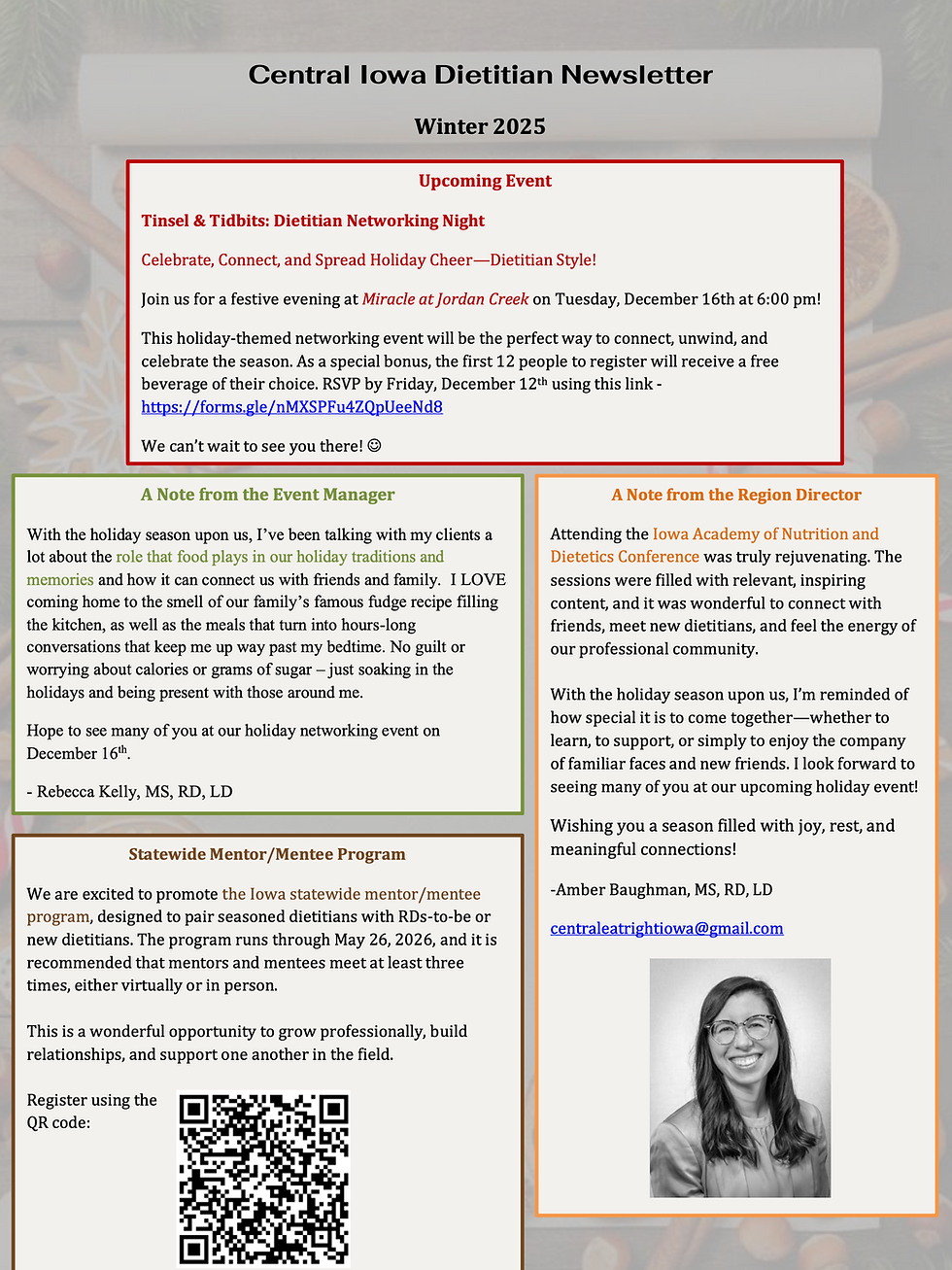Caffeine
- Nov 14, 2019
- 3 min read
Caffeine is the most consumed drug in the entire world that can be found in coffee, tea,
soda, energy drinks, and even added to some food. In the United States, more than eighty-five
percent of adults consume it. As caffeine is the most socially acceptable drug, it is still addictive. Caffeine so so common, that sometimes consumers do not think to look twice on its effects on the body.
The recommended maximum daily caffeine intake is 400 mg, which is equivalent to about four cups of coffee. Most American adults cannot imagine their morning without a warm cup of coffee before they head to work. Caffeine is used to enhance awareness, staying awake, and increasing energy. Some athletes use caffeine to enhance their performance as it an ergogenic acid. It was even banned from Olympic athletes from 1984 through 2004.
While caffeine does increase energy, there is no scientific evidence that it can increase performance significantly. Caffeine is an addictive drug as proven by the biochemical processes that happen in the body. Adenosine is a chemical that promotes sleep as it is a central nervous system depressant. When awake, adenosine receptors are filled with adenosine as time goes on, which is why you get tired every night after not sleeping all day. Caffeine consumption initiates blockage of the adenosine receptors, causing your body to feel more alert. Caffeine promotes an increase in heart rate. As the body adapts to caffeine, more is needed to feel the effects of the alertness because your brain makes more adenosine receptors as it gets used to having caffeine in the body. This is why people with caffeine addictions have side effects of withdrawal such as headaches because no caffeine is there to fill those extra adenosine receptors. The side effects of withdrawal can go away in a few days without the consumption of caffeine.

Different amounts of caffeine affect each person differently. Some people can have a cup
of coffee at 9 PM and still fall asleep at 11 PM. Other people cannot consume caffeine in the
afternoon at all because they know that they will not be able to fall asleep at night. Caffeine is a stimulant that keeps you awake and can affect your sleep schedule. Sleep is so important as it is the time that your body recovers. Caffeine should not be a replacement for sleep as it can have even more negative effects on your health such as weakening your immune system. It is also important to take note of some of the products that have caffeine in them. Many energy drinks have more sugar than you might think. Sometimes it's more important to get that extra hour of sleep, rather than having an energy drink as your mind and body can function much better.
It may surprise some people that there are side effects that come with consuming over 250 mg a day. One of the most common symptoms of overconsumption of caffeine is anxiety. Caffeine addicts quitting or lowering their daily dosage of caffeine report having less daily anxiousness. Caffeine also can increase blood pressure and lead to hypertension and heart disease. There is no general toxicity with consumption of caffeine, but these side effects are important to keep in mind. Withdrawal symptoms include agitation, irritability, anxiousness, migraines, and nausea. In some extreme cases, addicts report vomiting and diarrhea. While there are some negative attributes, caffeine is also prescribed for diseases and health issues. It is can be used for enhancing memory, decreasing muscle soreness, help with asthma, and low blood pressure. Caffeine has been made into a cream to help treat skin that is itchy and red.
Caffeine is one of the most comprehensive and popular drugs to ever be studied. While it has some negative aspects, caffeine can be used in many positive ways. Like any other product, it always helps to consume in moderation. The next time you drive all night or need to stay up late studying for a test, consider the alternative of sleeping. Time management and prioritization helps a lot and it is just a matter of self-care. Self-care also includes enjoying a latte on a rainy day or sipping tea while reading your favorite book. Doing these things in moderation will not only help your long term health but increase your overall well being.




Comments